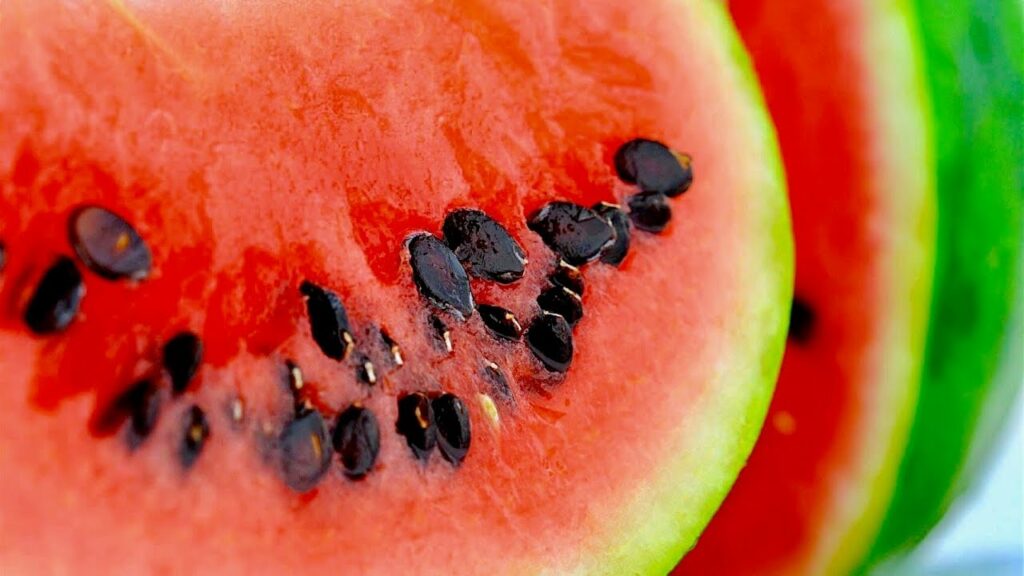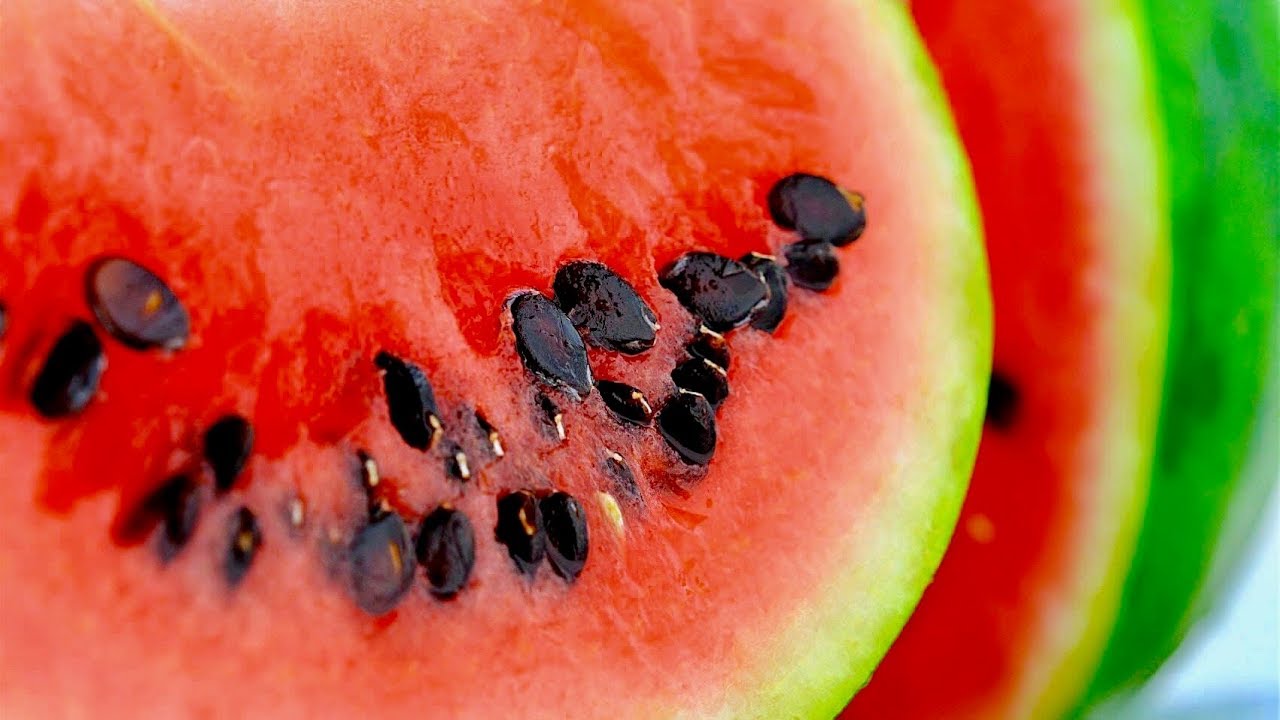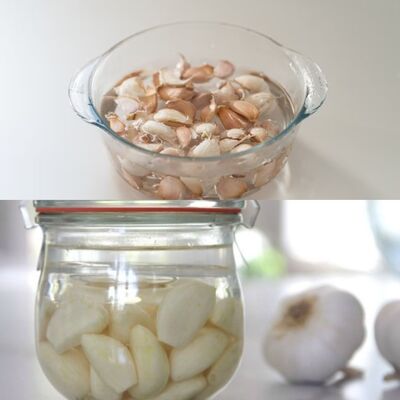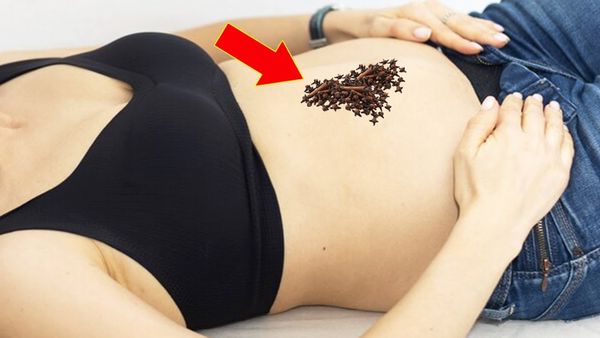
When you think of watermelon, the juicy, sweet flesh usually comes to mind. But did you know that the seeds of this popular fruit are also packed with nutrients? Often discarded, watermelon seeds are actually a powerhouse of health benefits. Here are five amazing reasons why you should consider incorporating watermelon seeds into your diet.
1. Rich Source of Nutrients
Watermelon seeds are loaded with essential nutrients that are vital for your overall health. They are an excellent source of magnesium, which plays a key role in many bodily functions, including heart health, muscle function, and bone strength. Just a handful of watermelon seeds can provide a significant portion of your daily magnesium needs. Additionally, these seeds contain iron, zinc, and potassium, all of which contribute to maintaining your body’s health.
2. Supports Heart Health
Watermelon seeds are good for your heart. They contain healthy fats, including omega-3 and omega-6 fatty acids, which are known to reduce bad cholesterol levels and lower the risk of heart disease. The magnesium in watermelon seeds also helps regulate blood pressure, further protecting your heart from cardiovascular problems. Incorporating these seeds into your diet can contribute to a healthier heart and better circulation.
3. Aids in Digestion
Watermelon seeds are rich in dietary fiber, which is crucial for healthy digestion. Fiber helps to regulate bowel movements, prevent constipation, and promote a healthy gut. Eating watermelon seeds can support digestive health by adding bulk to your stool and keeping your digestive system functioning smoothly. This makes them an excellent snack option for those looking to improve their digestive health.
4. Promotes Healthy Skin and Hair
The nutrients in watermelon seeds are also great for your skin and hair. The zinc found in these seeds is particularly beneficial for skin health, as it helps with collagen production and skin cell repair. This can lead to healthier, more youthful-looking skin. Additionally, the protein, iron, and magnesium in watermelon seeds contribute to stronger, healthier hair. Regular consumption of these seeds can help prevent hair loss and keep your hair looking vibrant and shiny.
5. Boosts Immune System
Watermelon seeds contain antioxidants and essential vitamins like vitamin C, which are known for boosting the immune system. These nutrients help your body fight off infections and protect against diseases. The zinc in watermelon seeds also plays a crucial role in immune function, aiding in the production of immune cells and enhancing the body’s ability to resist illness. By adding watermelon seeds to your diet, you can give your immune system the support it needs to keep you healthy.
How to Eat Watermelon Seeds
There are several ways to enjoy the health benefits of watermelon seeds:
-
Roasted: Roasting watermelon seeds is a popular way to enjoy them as a snack. Simply rinse the seeds, toss them with a little olive oil and salt, and roast them in the oven until they are crispy.
-
Sprouted: Soaking and sprouting watermelon seeds makes them easier to digest and enhances their nutritional value. Sprouted seeds can be added to salads, smoothies, or eaten on their own.
-
Ground: You can grind watermelon seeds into a powder and add them to your smoothies, yogurt, or oatmeal for a nutritional boost.
Conclusion
Watermelon seeds are often overlooked, but they are packed with nutrients that offer numerous health benefits. From supporting heart health and digestion to promoting healthy skin and boosting the immune system, these small seeds are a nutritional powerhouse. So, the next time you enjoy a watermelon, don’t toss the seeds—roast them, sprout them, or grind them to take full advantage of their amazing health benefits.




